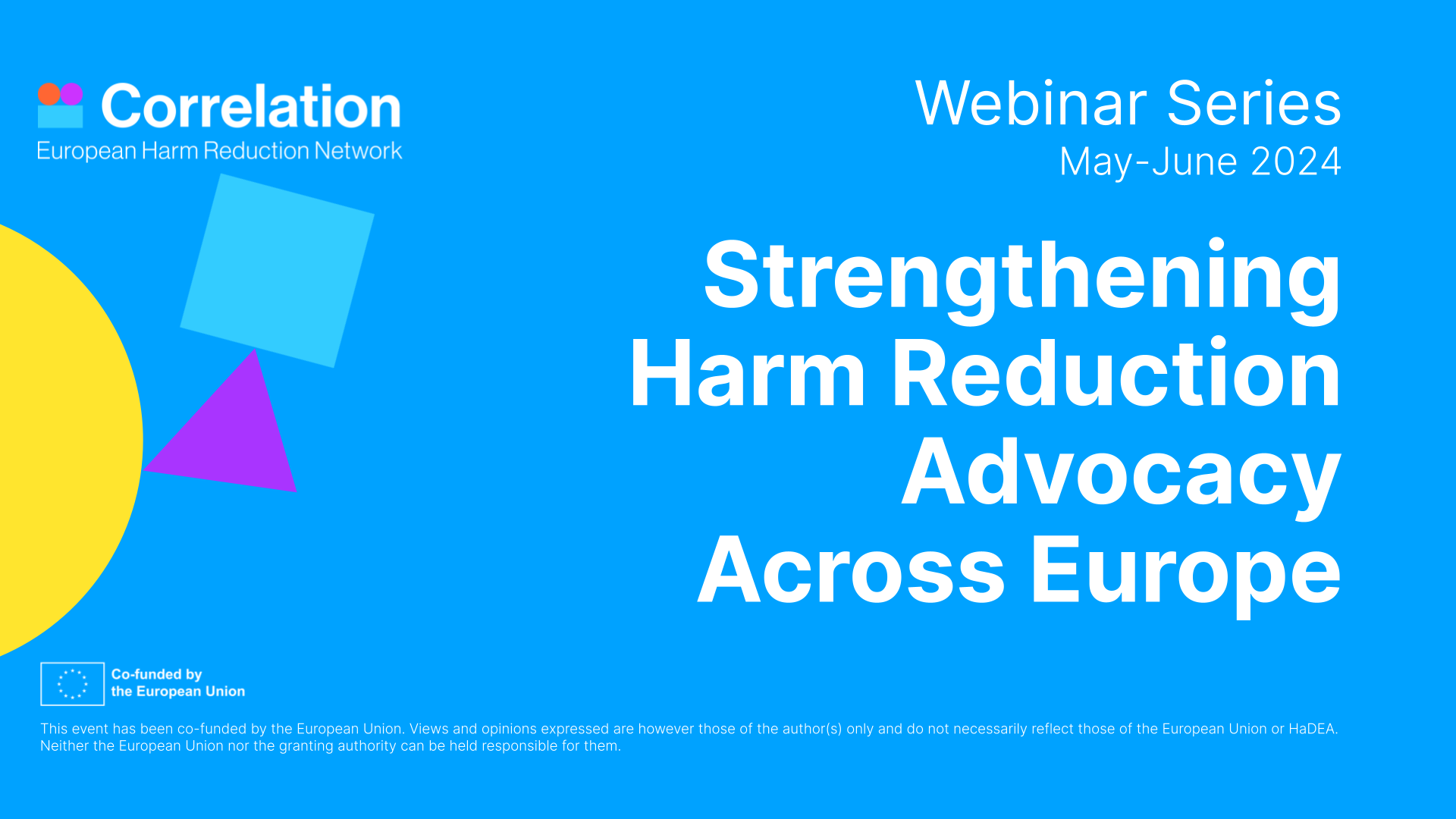
Dominique Schori has many years of practical experience in the field of harm reduction. He has had extensive responsiblities for numerous projects addressing recreational drug users as well as in the field of dug consumption rooms.
Our partner report on synthetic cannabinoids which you can find here, is also authored by Dominique.
Read his interview below, to get to know his journey through harm reduction world and his current focus.
1) Can you tell us about your background?
Originally, I did a nursing education and worked for several years in harm reduction services (e.g. a center for heroin assisted treatment). After my studies of philosophy and history, I was in charge of numerous harm reduction projects on a national level for Infodrog (the Swiss Office for the Coordination of Addiction Facilities) and was also the national focus point for Correlation in Switzerland.
Since summer 2020, I have been managing Saferparty Streetwork for the City of Zurich, a service that focuses on harm reduction for recreational drug users.
2) How would you describe your work in general?
Our service consists of three areas: The Drug Information Center Zurich (DIZ) with stationary and mobile drug checking, a streetwork project aiming to consult young adults as well as teens in the topics of recreational drug use and a low-threshold consulting office. Our professional attitude is characterized by low threshold and acceptance orientation and we constantly try to align ourselves with the changing challenges.
3) What drives you personally to work in your area of work?
Every contact with people, especially in this setting, is full of surprises. No day is like the other. Many consumers have a vast expertise, which is why I often learn at least as much from them as they may learn from me. I also like the fact that in my job I am able to work with a wide variety of organisations and people at different levels (from peer projects to federal authorities).
4) What is your current focus?
At the moment we are mainly concerned with cannabis samples, which since the beginning of the year are very often mixed with synthetic cannabinoids and when purchased are wrongly sold as regular illegal weed (See report).
5) Why do you think that your current focus is important?
Because the effects of the use of synthetic cannabinoids can be very dangerous, and our new cannabis drug checking helps to reduce the risk of overdoses. In addition, our findings underline the value of drug checking for monitoring the illicit drug market at a level where it affects the health of users. Finally, because we want to empower cannabis users (users of psychoactive substances in general) to make autonomous and informed decisions.
6) Harm reduction is still underfunded in many countries, even if there is enough evidence that it works and is cost effective. Why is that?
Personally, I think this might be because the political discourse about harm reduction is still partly dominated by the opinion that this approach is a kind of “surrender” to addiction. The assessment of drug use and drug trafficking is considerably biased by historical stereotypes and is still partly treated as a moral-philosophical rather than a health/social issue. For this reason, the pressure for legitimacy and the demand for efficacy/evidence may be higher than is the case with other approaches.
In the 1990s, the city of Zurich had to experience with its open drug scene (“needle park”) that a 3-pillar policy consisting of repression, prevention and (abstinence-oriented) therapy alone is not sufficient.
7) Please tell us what harm reduction means to you.
To see the world with pragmatic rather than moral “glasses”. People make decisions (good or bad) and take more or less big risks in these decisions. With regard to substance use, I think it should be less about whether I personally approve or condone consumption but more about accepting that there are people who choose to consume, regardless of the legal framework.